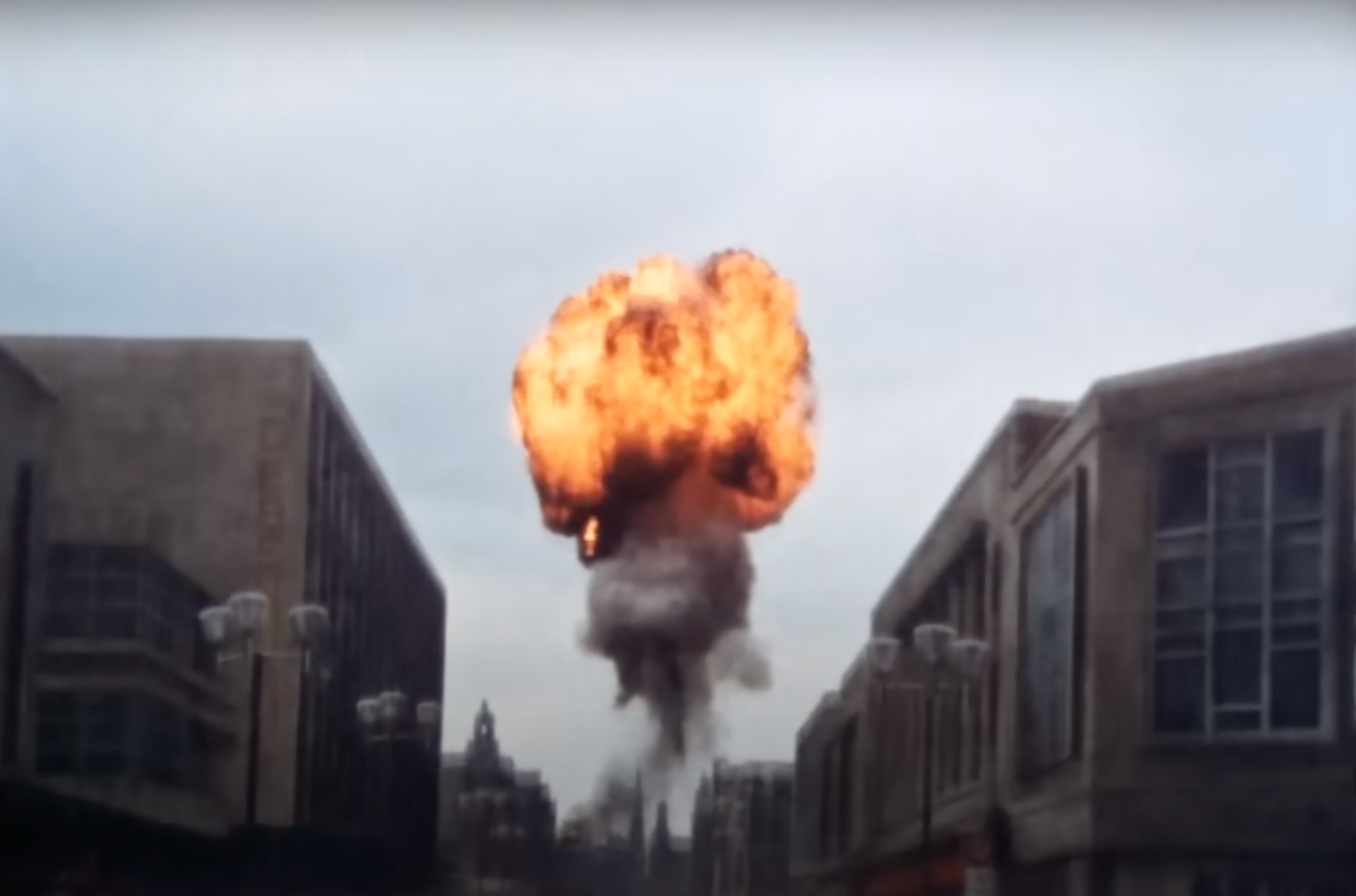BBC viewers urge everyone to watch ‘bleak’ war film that has only ever been shown four times
Threads was the first film to ever show what devastation a nuclear winter would cause

Your support helps us to tell the story
From reproductive rights to climate change to Big Tech, The Independent is on the ground when the story is developing. Whether it's investigating the financials of Elon Musk's pro-Trump PAC or producing our latest documentary, 'The A Word', which shines a light on the American women fighting for reproductive rights, we know how important it is to parse out the facts from the messaging.
At such a critical moment in US history, we need reporters on the ground. Your donation allows us to keep sending journalists to speak to both sides of the story.
The Independent is trusted by Americans across the entire political spectrum. And unlike many other quality news outlets, we choose not to lock Americans out of our reporting and analysis with paywalls. We believe quality journalism should be available to everyone, paid for by those who can afford it.
Your support makes all the difference.BBC iPlayer viewers are encouraging others to watch the nuclear war film Threads, often described as one of the most harrowing movies ever made.
The 1984 film was made for BBC TV by The Bodyguard director Mick Jackson and Kes writer Barry Hines, with Jackson wanting to focus on the scientific ramifications of a nuclear attack and its fallout.
Threads was first aired on BBC Two on 23 September 1984 at the height of the Cold War, when nuclear tensions were as prevalent a talking point as they are today.
Although the film revolves around the conflict between the United States and the Soviet Union, after the latter invades Iran, it predominantly focuses on the lives of a couple in Sheffield, England and how the war impacts their lives.
The South Yorkshire city was chosen due to the belief that the Soviets would opt to strike an industrial city in the UK and that the local council, at the time, had a “nuclear-free zone” policy.
Despite having a budget of just £400,000, Threads was the first film to ever depict what a nuclear winter would actually look like, giving an uncompromising and brutally bleak outlook on the implications of nuclear war and the devastation it would create. It has been widely praised by critics and audiences alike ever since and holds a 100 per cent rating on Rotten Tomatoes.
It has only been repeated on BBC TV three times since its original broadcast, with the most recent being on 9 October, to celebrate its 40th anniversary.
The film is now available to watch on iPlayer, with many encouraging those who haven’t seen it to watch it despite the heavy subject matter.
On X/Twitter, one person wrote: “Watching Threads as a youngster (too young really) was a massively transformative experience for me. If you haven’t watched it, you owe it to yourself to do so.”

Watch Apple TV+ free for 7 days
New subscribers only. £8.99/mo. after free trial. Plan auto-renews until cancelled

Watch Apple TV+ free for 7 days
New subscribers only. £8.99/mo. after free trial. Plan auto-renews until cancelled
Another said: “One of the earliest films to not treat nuclear bombs as the end point. But instead focus on the horrors and hauntings that accompany surviving their impact. Rarely shown on TV, a must watch.”
A third added: “I beseech you, if you’ve never watched Threads before, make sure you do now. It’s only been shown 4 times on telly in 40 years and it’s a bleak, harrowing, but essential watch. Something you’ll never forget.”
Watching it for the first time, one viewer said: “Waking up the morning after seeing Threads for the first time… … Like all great art, shakes you to the core and makes you see the world in a new way. While the kitchen sink (antithesis of Hollywood) context makes it all the more terrifying.”
Speaking to the BFI in September, Jackson said he still suffers from a type of PTSD brought on from making the film. He said: “For many months after the film was finished and done with, I would still have moments where that alternative reality would suddenly ‘flash’ into my consciousness – as if I were actually there. I guess it eventually faded but it still hasn’t quite gone.”

In January, the conflicts in Ukraine and Gaza prompted scientists to keep the hands on the Doomsday Clock at 90 seconds to midnight for a second year in a row, as scientists say “humanity continues to face an unprecedented level of danger”.
Join our commenting forum
Join thought-provoking conversations, follow other Independent readers and see their replies
Comments